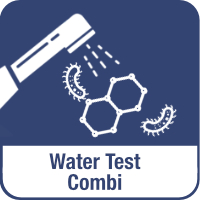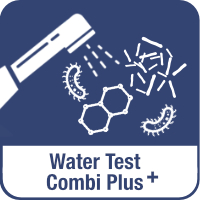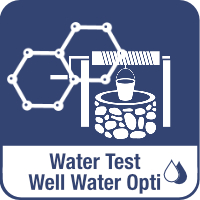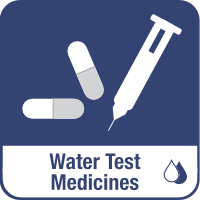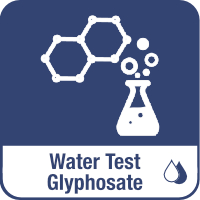- Water tests
- Air and pollutants analysis
- Mold analyses
- Asbestos analyses
- Rapid tests
-
Knowledge
- Further news
- Analysis made easy
- Tap and drinking water in Switzerland
- Facts about Indoor Air
- Facts about Mold
- Facts about Asbestos
-
Water quality in Switzerland
- Water Scarcity and Water Quality
- Drinking Water in Switzerland
- Tap Water in Switzerland: Quality and Controls
- Drinking Fountains in Switzerland
- Water Quality - Canton Basel
- Water Quality - Canton Bern
- Water Quality - Canton Geneva
- Water Quality - Canton Zurich
- NEWS: Zurich Drinking Water Map
- Drinking Water - City of St. Gallen
- Water Quality - City of Baden
- Water Quality - City of Bern
- Water Quality - City of Zurich
- Water Analysis - City Lucerne
- Water Quality - City of Winterthur
- The Water Supply of the City of Thun
- Initiative for Clean Drinking Water
- Nature's Thirst Quenchers: Fountains and Springs on Your Hike
- Partnership with WATER FOR WATER (WfW)
- Help & Services
Initiative for Clean Drinking Water
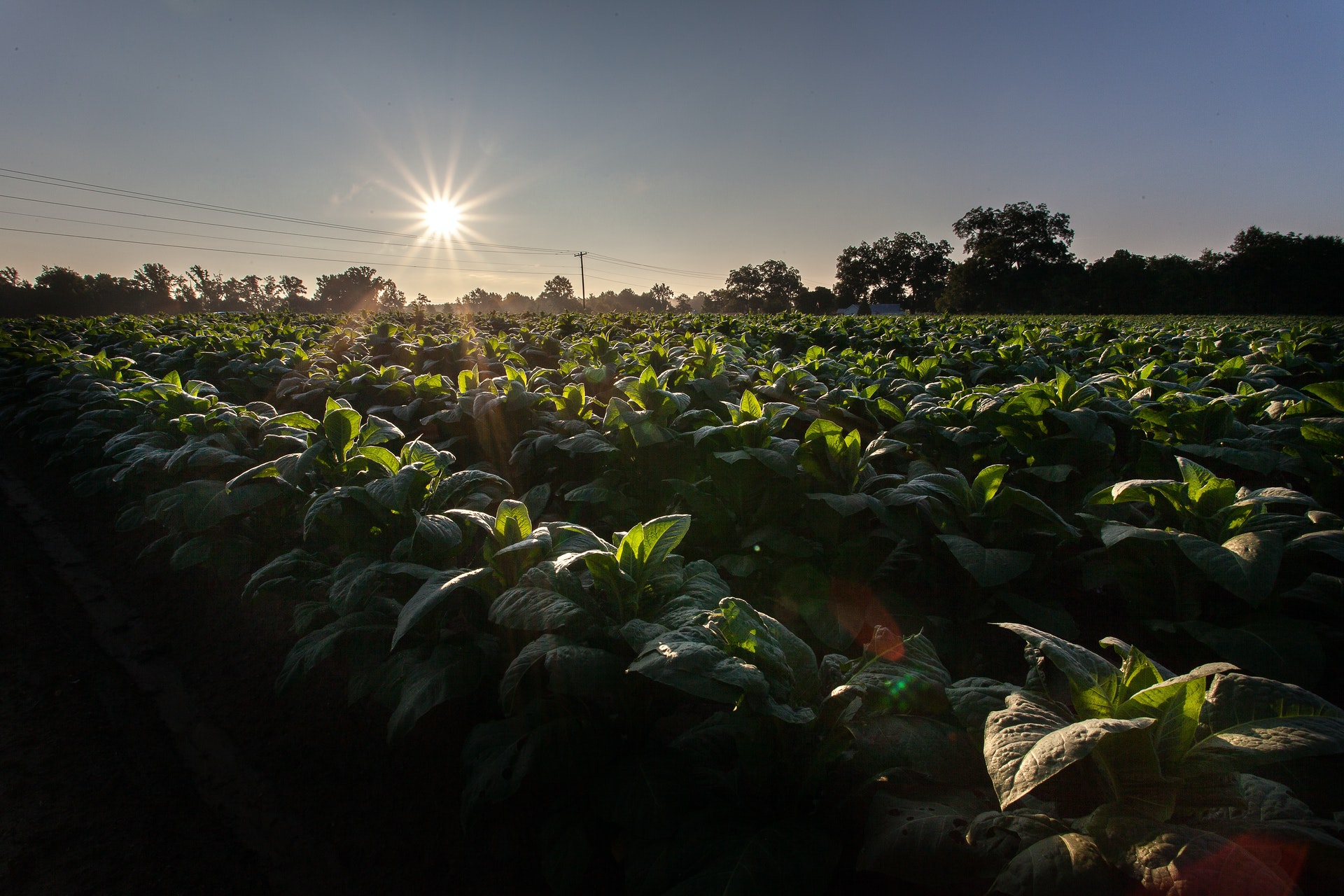
Drinking water is the most strictly controlled food in Switzerland – yet intensive agriculture threatens this quality. More and more regions are exceeding limits for pesticides and nitrates in groundwater, requiring costly treatment processes.
The Initiative for Clean Drinking Water calls for agriculture without synthetic pesticides, with reduced livestock farming, and without preventive use of antibiotics. The debate even divides organic farmers – a sign of how urgent the issue is.
Bio Suisse: Organic farmers argue over drinking water initiative
NZZ am Sonntag – E-Paper
Pros
- Subsidies should specifically promote sustainability
- Antibiotic resistance is life-threatening and increasing
- Pesticide residues in drinking water endanger health
- Manure surplus causes carcinogenic nitrate in water
Cons
- Higher production costs for farmers and rising consumer prices
- Decline in self-sufficiency with Swiss food products
- More food waste due to greater crop failures
- More imports without pesticide use
How much plant protection product is used in Switzerland?
✪ According to the Federal Office for Agriculture, around 1,950 tonnes of plant protection products were sold in 2019. The use of synthetic products is slightly decreasing, while biologically approved products such as sulfur or paraffin oil are increasing significantly – an effect of the growing organic area (currently about 16.5 % of the usable area).
Where do the plant protection products in groundwater come from?
According to the Water Protection Ordinance (GSchV), no persistent artificial substances are permitted in water. However, measurement data show: In over 50 % of all groundwater measuring stations, plant protection products are detected – in intensively farmed arable regions even in over 90 %.
Which pesticides are most frequently detected?
According to the Federal Office for Agriculture, glyphosate, bentazone, metolachlor, atrazine, chloridazon and chlorothalonil are among the most commonly used active substances.
Glyphosate, also known by the brand name Roundup©, was discovered by Swiss chemist Henri Martin and later marketed by Monsanto as an herbicide. In Switzerland, the use of glyphosate is being reduced, but more than 125 tonnes are still used annually.
Where do nitrites and nitrates in water come from?
The main source is nitrogen-containing fertilizers and manure from livestock farming. These are spread on fields and meadows and enter groundwater. Nitrate is especially dangerous for infants, as it can be converted to nitrite – a substance associated with cancer risks.
Source: landwirtschaft.de
How can you check your drinking water?
A professional water analysis provides clarity. It detects pesticides, glyphosate, nitrate and nitrite concentrations as well as toxic heavy metals.
✔ Heavy metals and pollutants
✔ For general drinking water, softeners
✔ Legionella, heavy metals and pollutants
✔ For general drinking water and softeners
✔ Heavy metals and contaminants
✔ Separate bacteria test recommended
✔ Heavy metals and contaminants
✔ Separate bacteria test recommended
✔ 12 common pharmaceuticals
✔ e.g., diclofenac, ibuprofen
✔ Most common pesticides
✔ Glyphosate separate analysis
✔ Commonly used pesticide
✔ Possibly carcinogenic
✔ 20 common PFAS chemicals
✔ Per- and polyfluorinated alkyl substances

